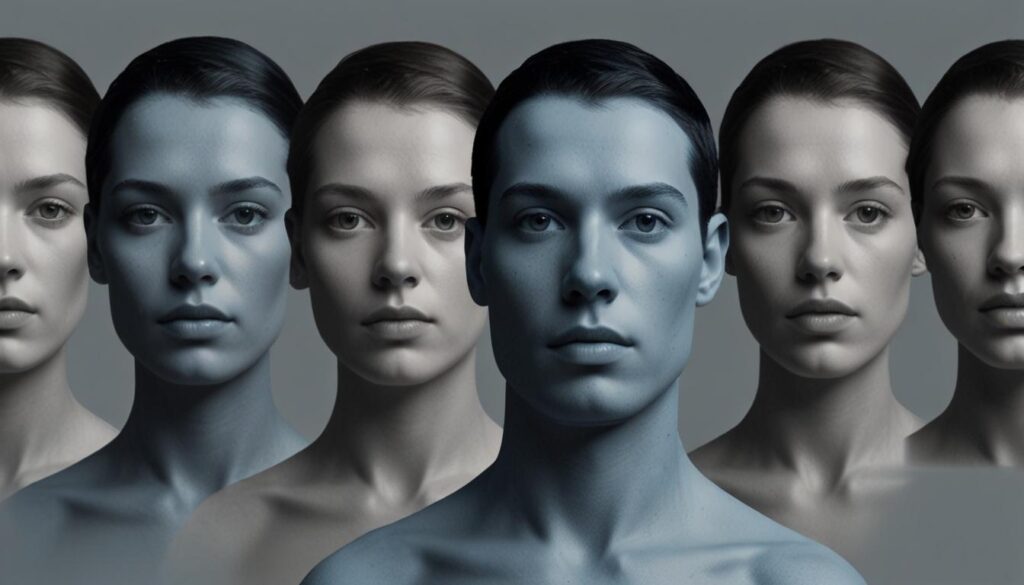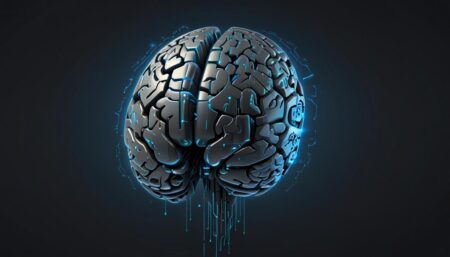A joint study by The Australian National University and the University of Aberdeen reveals that AI-generated White faces are more likely to be perceived as real human faces, raising concerns about reinforcement of racial biases and online implications.
A study conducted by The Australian National University (ANU) and the University of Aberdeen has found that AI-generated White faces are perceived as more realistic than actual human faces. The research revealed that more participants mistook AI-generated White faces for real human faces compared to faces of real people, a discrepancy attributed to the disproportionate training of AI algorithms on White faces.
Dr. Amy Dawel, the senior author of the study, explained that this bias in AI training could reinforce racial biases online, as current AI technologies often alter the skin and eye color of people of color to resemble White individuals. Co-author of the study, Elizabeth Miller, noted that people’s misjudgments are compounded by their confidence in these incorrect assessments.
The researchers highlighted the rapid advancement of AI technology and the diminishing physical cues that differentiate AI faces from human faces. Dr. Dawel emphasized the need for increased transparency in AI development and public awareness to mitigate risks such as misinformation and identity theft.
Dr. Clare Sutherland from the University of Aberdeen, another co-author, stressed the importance of ensuring equality in the face of rapid AI advancements. The study was published in the journal Psychological Science.










